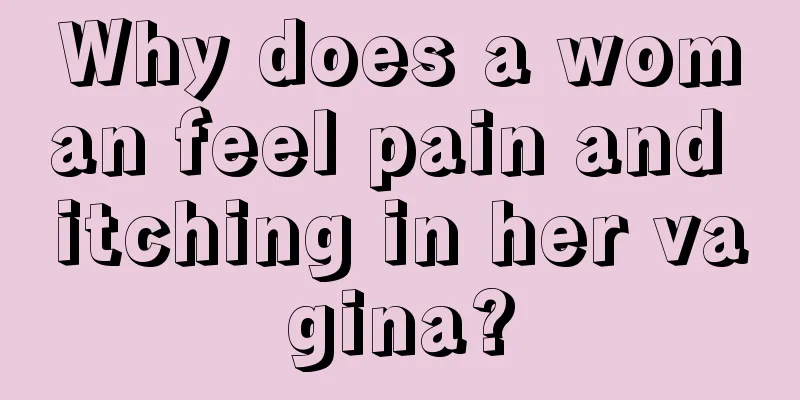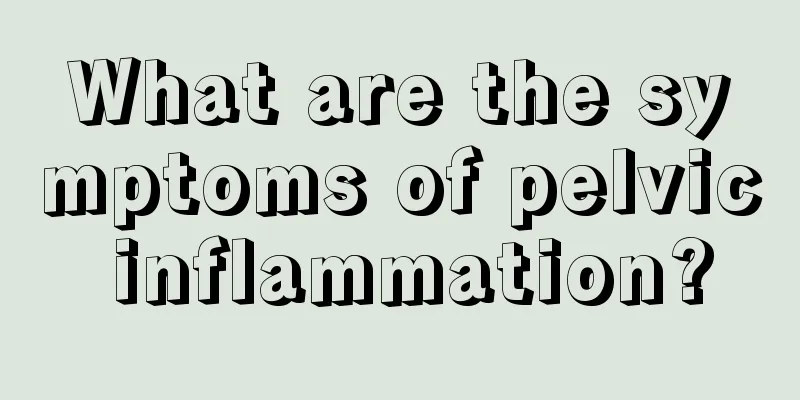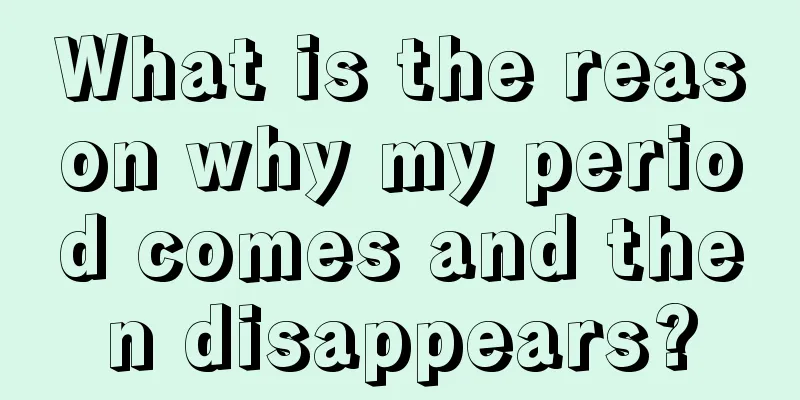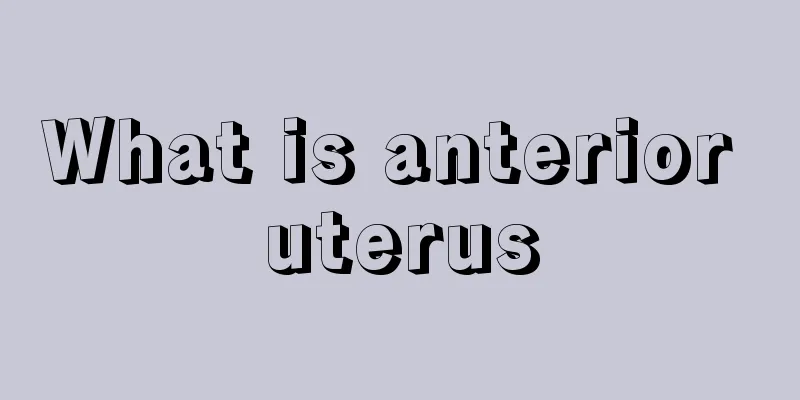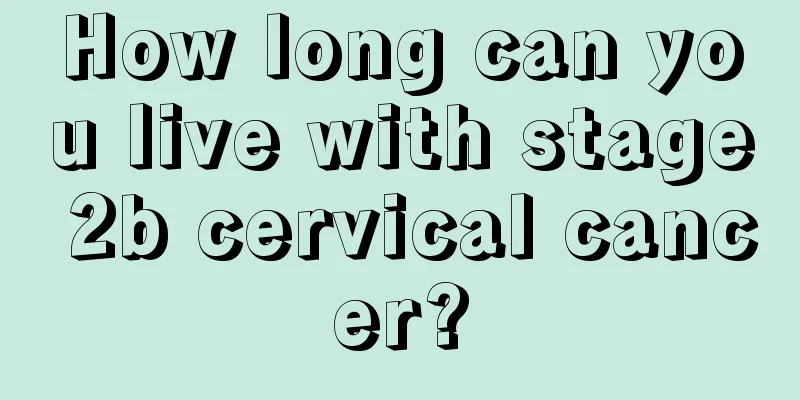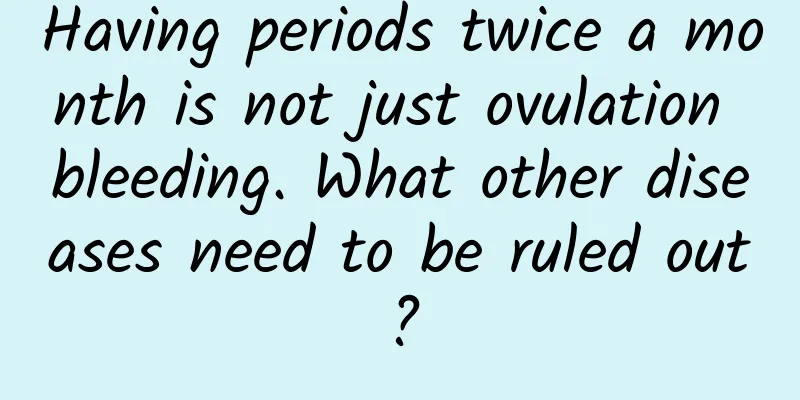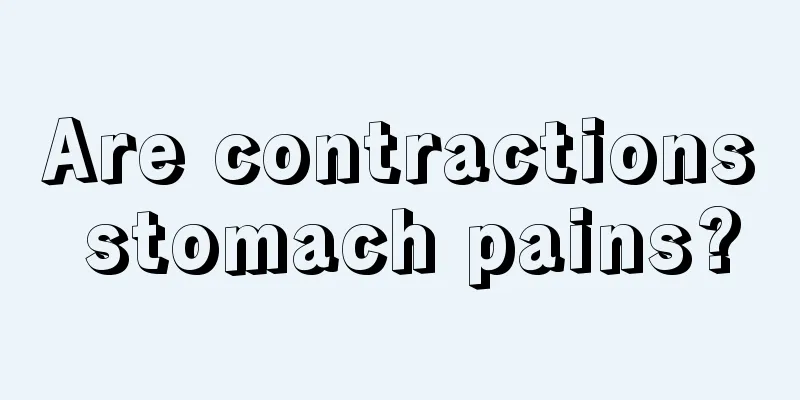Can atrial fibrillation (AF) be cured? An article explains it clearly
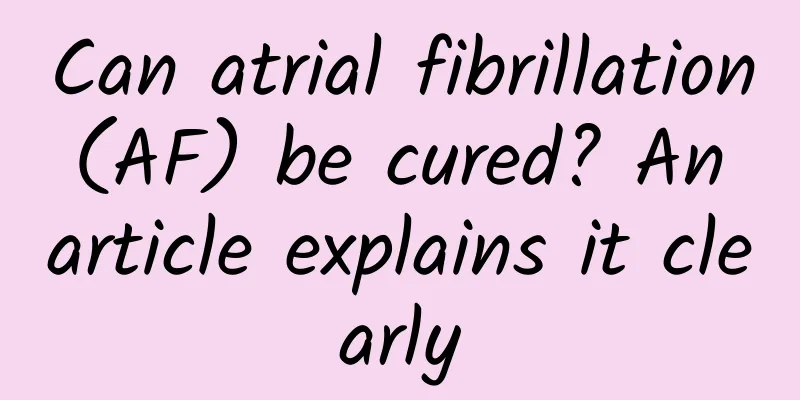
|
Atrial fibrillation is a relatively common arrhythmia in the diagnosis and treatment of doctors, but its harm cannot be ignored. If it is not taken seriously, it may cause fatal complications. Most doctors call atrial fibrillation "heart beating wildly." Since the harm is so great, can this disease be cured? If it were more than ten years ago, many doctors would probably tell you that it is difficult and risky to cure it, and taking medicine to prevent "stroke" and control heartbeat is the choice of most people. But now, atrial fibrillation can be cured by surgery, and the technology is relatively mature, which is undoubtedly good news for many patients with atrial fibrillation. Surgery includes medical interventional surgery and surgical surgery. Here we mainly introduce medical interventional surgery. The name of the surgery to cure atrial fibrillation is "catheter ablation". As the name suggests, atrial fibrillation is eliminated through a catheter. So its surgical method is similar to coronary angiography. Atrial fibrillation can be ablated by puncturing the catheter into the blood vessels and then sending it all the way to the heart. Ablation, in simple terms, is actually to use some kind of energy to make the part where atrial fibrillation occurs disappear or melt, so that atrial fibrillation will no longer occur. Therefore, according to the different energies of ablation, it is divided into radiofrequency ablation, cryoballoon ablation, pulse ablation and other methods. At present, radiofrequency ablation and cryoballoon ablation are mainly used in clinical practice. Radiofrequency ablation High-frequency electromagnetic waves (radio frequency energy) are released through the radio frequency catheter. The heat generated by the radio frequency energy increases the temperature of the local myocardial tissue in contact with the ablation catheter, causing local diseased tissue necrosis, thereby blocking the formation of atrial fibrillation. Cryoballoon Ablation Compared with radiofrequency ablation, cryoballoon for pulmonary vein ablation has the advantages of cryoadhesion, continuous and uniform scar borders, less endocardial damage on the scar surface, good integrity of adjacent tissues, and less patient discomfort. In other words, radiofrequency ablation is like using high temperature to cause myocardial cell necrosis, while cryoablation is like using low temperature to cause myocardial cell necrosis. It should be noted that atrial fibrillation ablation surgery cannot almost guarantee the elimination of atrial fibrillation. With the increase of patient age, the prolonged duration of atrial fibrillation, the enlargement of the left atrium and other factors, the success rate of atrial fibrillation ablation gradually decreases. Therefore, early surgical intervention after the discovery of atrial fibrillation may be more beneficial. In addition, atrial fibrillation is an age-related disease, that is, the incidence rate gradually increases with age. Therefore, even if the ablation is successful, atrial fibrillation may recur in other parts that have not been ablated as age increases. As we all know, any surgery has risks, let alone surgery on the heart, which is naturally risky. So, what are the benefits of taking such a big risk to do this surgery? Is it worth a try? First , after atrial fibrillation ablation surgery, the heart rhythm can be restored to normal sinus rhythm, so that the heart no longer beats randomly, thereby alleviating the symptoms of panic, heart palpitations, and chest tightness to a certain extent. Second , if the heart of a patient with atrial fibrillation is in a state of disordered beating for a long time, the heart rate will be very fast, which will eventually lead to heart failure (i.e. heart failure) and symptoms related to heart failure. If ablation surgery is performed before heart failure occurs, it can prevent the occurrence of heart failure caused by atrial fibrillation; if ablation surgery is performed after heart failure occurs, it can also reduce the number of repeated hospitalizations for such patients and improve prognosis and quality of life. Third , many patients with atrial fibrillation use antiarrhythmic drugs, such as the most commonly used amiodarone and dronedarone, but some people cannot tolerate such drugs (manifested as drug toxicity and side effects, new arrhythmias). At this time, if ablation surgery is chosen, the problem of drug intolerance can be solved. Related questions 1. Does it mean I don’t need to take medication after undergoing atrial fibrillation ablation surgery? First of all, for people who also suffer from other underlying diseases, including hypertension, diabetes, coronary heart disease, etc., other medications still need to be continued. In addition, whether to continue using atrial fibrillation-related medications, especially anticoagulants, has become one of the most concerned issues. After atrial fibrillation ablation, standardized anticoagulation is still required for at least 8 weeks. Whether or not to take anticoagulants thereafter has nothing to do with the success of the ablation. Instead, the doctor will decide whether to use the medication based on the risk of stroke for each patient. Therefore, regular outpatient follow-up is required after the ablation, and some adjustments may be made to the medication. 2. How long after the ablation can we determine whether it is successful? The success of atrial fibrillation ablation can only be evaluated 3 months after surgery. Therefore, if short-term atrial fibrillation still occurs after surgery, it cannot be called ablation failure. About 60% of patients will disappear on their own within 3 months after surgery. 3. Why do I need to take stomach medicine after ablation surgery? The most serious complication of atrial fibrillation ablation surgery is left atrial-esophageal fistula, which often occurs within 2-4 weeks after surgery. The incidence of radiofrequency ablation is 0.5‰, while the incidence of cryoballoon ablation is less than 0.1‰. Although the incidence is low, once it occurs, the mortality rate is extremely high. The main reason for its occurrence is that the site of cardiac ablation is close to the esophagus, which may cause damage to the esophagus during the ablation process. If combined with gastric acid stimulation, it is more likely to induce this complication. Therefore, you cannot eat hard or spicy foods within 1 month after ablation, and you need to take "prazole" drugs (omeprazole, rabeprazole, lansoprazole, etc.) regularly to prevent the occurrence of this complication. In general, atrial fibrillation can be cured through surgery in some patients, thereby alleviating related symptoms, improving prognosis and quality of life. If conditions permit, surgical treatment of atrial fibrillation must be considered. Dr. Luo Yue Contributing author: Luo Yue, Cardiologist, Jinshan Hospital, First Affiliated Hospital of Chongqing Medical University Currently, he is mainly engaged in the clinical diagnosis and treatment and basic research of diseases such as hypertension, coronary heart disease, and heart failure. Participated in one Chongqing Natural Science Foundation project and published two SCI papers as the first author |
<<: Night Listening|Does "right-angled shoulders" look good? It's not necessary
Recommend
Diet and health care for nipple pain during pregnancy
In fact, pregnant women who have just started pre...
Can I use moxibustion during the dog days? What is the best time to use moxibustion during the dog days?
Moxibustion, also known as moxibustion therapy or...
What to do if the small bumps on the vulva are not painful or itchy
Throughout the ages, women have always been the d...
Girls' movements to eliminate trapezius muscles
The trapezius muscle is the muscle of our back. F...
Pregnant women have stretch marks on their buttocks
In fact, most pregnant women do not worry about t...
Can I get pregnant even with a condom?
Although condoms are safe for most people to use,...
Sometimes water suddenly flows down below
There are differences in body structure between m...
Can pregnant women eat taro balls and grass jelly?
For pregnant women, it is okay to eat a small amo...
What are the best snacks for pregnant women?
Pregnant mothers should pay special attention to ...
What should I do if I still vomit when I am three months pregnant?
Some pregnant women suffer a lot during the pregn...
Homemade nail polish remover
I believe that nail polish is a substance that ma...
What are the symptoms of irregular menstruation
Irregular menstruation is a common clinical probl...
Say goodbye to mental exhaustion, just do this!
《Cotton Swab Medical Science Popularization》 Majo...
6 details suggest whether women should replenish qi and blood
Qi and blood are both carriers of life and togeth...

